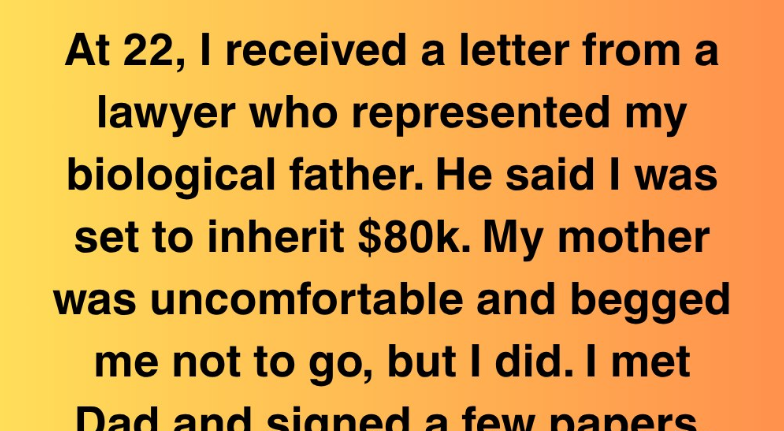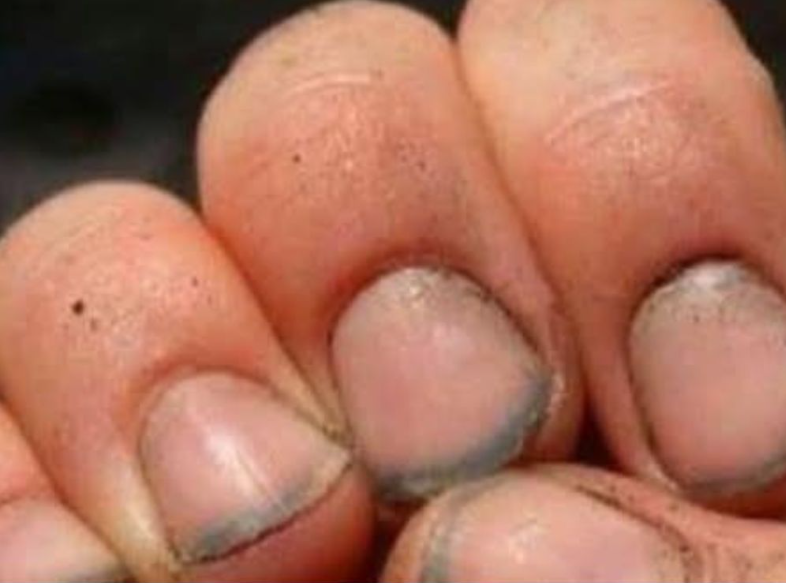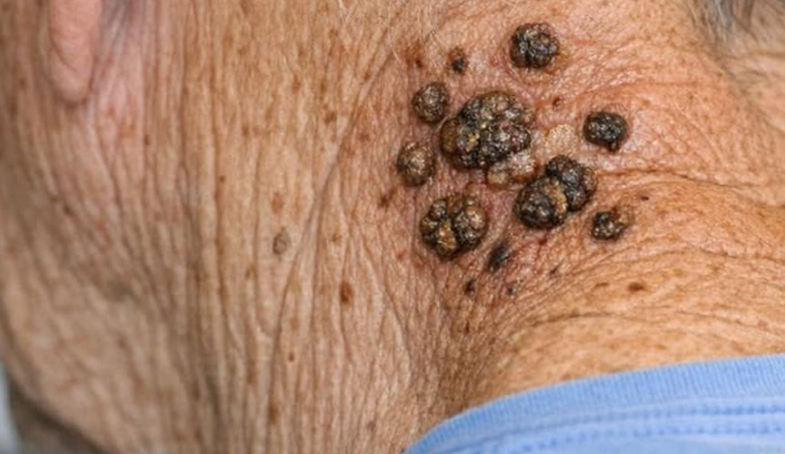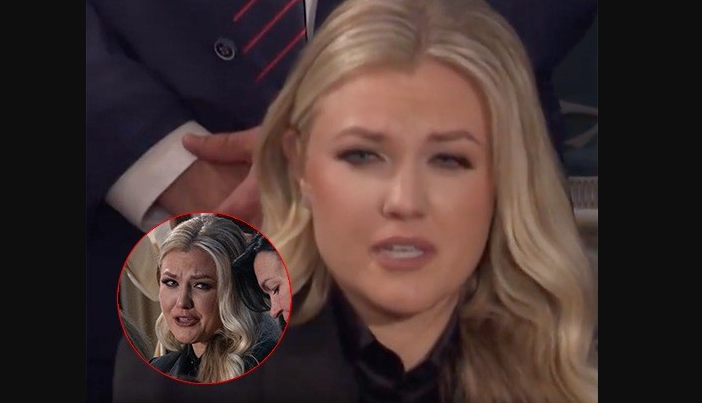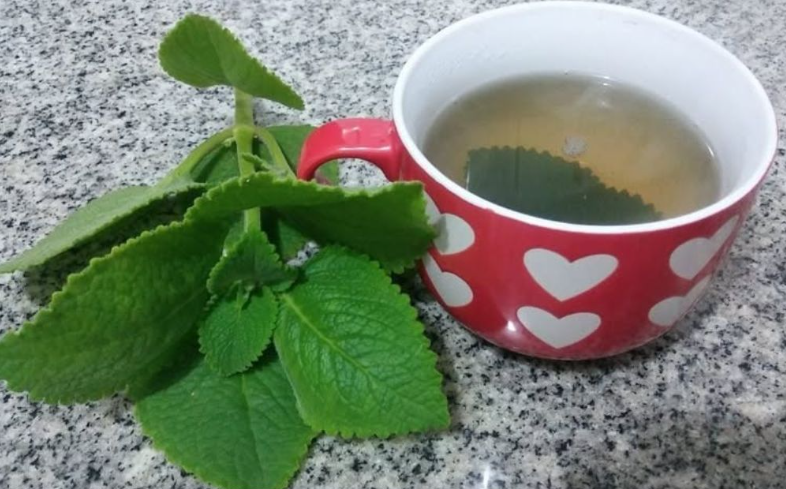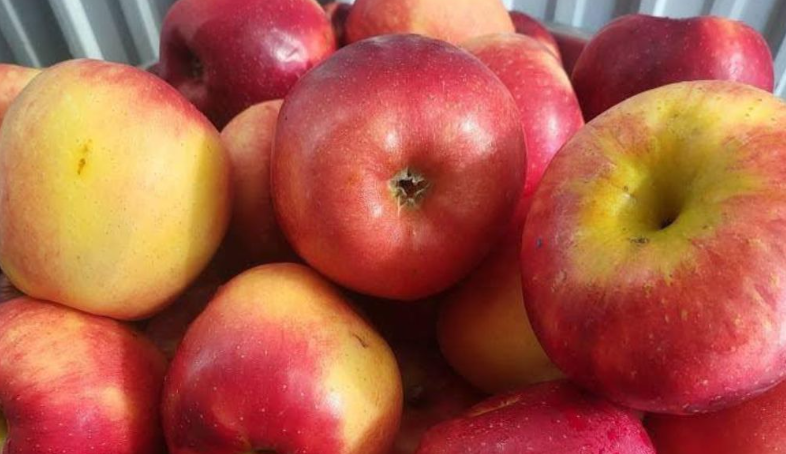At the age of 22, a letter arrived from a lawyer, informing me that my biological father, Calvin, had bequeathed me $80,000. My mother pleaded with me to stay away, warning that he was a source of trouble, but I chose to meet him. We completed the necessary paperwork, and over the following two years, our bond deepened. Tragically, his life ended abruptly due to a heart attack.
During my visit to the lawyer’s office, I discovered the inheritance extended beyond the money. Calvin had also entrusted me with The Haven House, an aging boarding house sheltering six tenants. The condition was clear: I couldn’t sell it for five years. Initially, I considered abandoning it, but meeting the tenants—individuals with nowhere else to turn—changed my perspective. I committed to the property, investing time and funds into fixing leaks and restoring weathered walls, step by step.
Then Aunt Folami, Calvin’s sister, entered the picture, urging me to sell the house. I stood firm, seeing it as more than a building—it was a sanctuary for those who relied on it. Though she left in frustration, she later returned, acknowledging that I was continuing Calvin’s legacy. She gave me a key to the attic, where I uncovered his old notebooks and an unfinished blueprint: a vision to transform the house into a haven for people rebuilding their lives.
With the help of grants, volunteers, and generous donations, we reimagined The Haven House as a thriving community. Now, it boasts a vibrant garden, weekly communal dinners, and residents who have found a sense of stability. I sometimes long for the father I never truly had, but I’ve come to understand that this inheritance was never about wealth—it was about redemption and the choice to create something meaningful from chaos.
Here’s the lesson I carry: What you inherit may be complex or challenging. Yet, by embracing it rather than turning away, that complexity can blossom into something extraordinary—something enduring.
